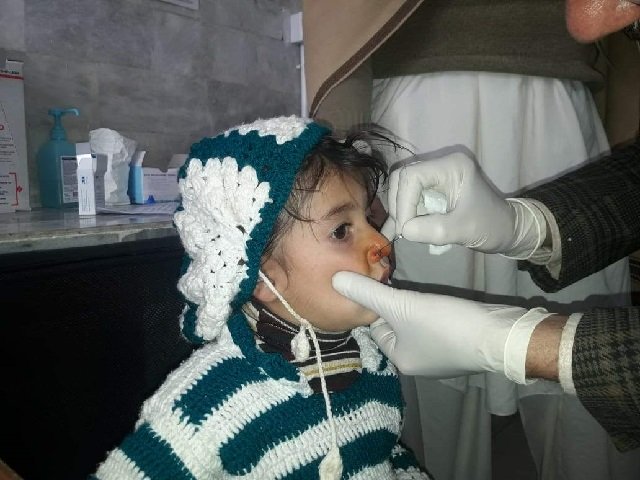
Around 2,000 new cases of leishmaniasis have been reported from Karak district of Khyber-Pakhtunkhwa (K-P) pushing up the total number of cases in the province to 5,000.
Talking to The Express Tribune an official of the Health Department said that in the month of January this year, 150 new cases have surfaced, saying that in the past few months around 2,000 new cases have been recorded.
“For the past seven to eight years all the Western districts of K-P have been in the grip of this painful disease. As per the experts sand fly travels with nomadic people and their flocks as it cannot fly the long distances,” he said, adding that Kochian people who travel between Afghanistan, Balochsitan and parts of K-P and their sheep flocks are the main cause of this disease.
“If a person is bitten by a sand fly he develops symptoms in 21 to 90 days so the patients we are receiving today may have been bitten three months ago because no sand fly survives this harsh winter,” he said, adding that negligence on the part of the health department was equally responsible for the uptick in other diseases.
“The health department in Karak, like the rest of the country, has a good excuse in the shape of Covid-19 pandemic and all other things including fog sprays against dengue and sand fly have completely been ignored,” he said.
Read Leishmaniasis outbreak in South Waziristan forces people to relocate
As per the government policy larvacidal activity is carried out in March and April each year but for the past two or three years, since the start of Covid-19 pandemic, this has been ignored.
Another official blamed that the large number of leishmaniasis patients required more funds to treat them.
“One patient requires a course of 21 injections to be administered in 21 weeks and the number of patients has been increasing with each passing day. The only way out is to control larva of sand fly during the breeding season,” he said.
When contacted, Dr Qudratullah of Malaria Control Program, Karak said that larvacidal sprays could only be carried out in March and April each year along with fog sprays.
He said that they had a stock of required injections and a machine for treatment too but still the large number of new patients in the area is really disturbing.
Published in The Express Tribune, January 27th, 2022.




1730965998-0/BeFunky-collage-(27)1730965998-0-165x106.webp)
1731933289-0/BeFunky-collage-(68)1731933289-0-165x106.webp)












COMMENTS
Comments are moderated and generally will be posted if they are on-topic and not abusive.
For more information, please see our Comments FAQ